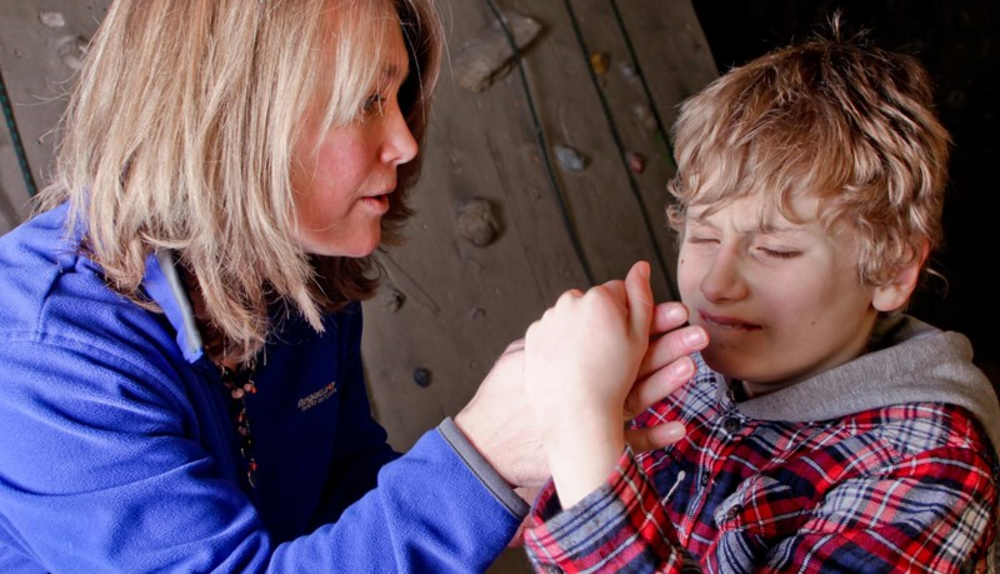"Deafblind people are still not given enough attention in Slovenia, which is why today's event is a bright spot and, I sincerely hope, a cornerstone in the regulation of the status and rights of people with deafblindness," Ombudsman Peter Svetina told participants at a consultation on "Regulating the status and rights of people with deafblindness", which took place at the National Council on 27 September. His messages were conveyed orally to the participants at the consultation, as he was unable to be physically present.
He highlighted the efforts of DLAN, the Deafblind Association of Slovenia, which has been working for many years for the realisation of the rights of deafblind people and for their inclusion in society. "We have been on this journey together many times. The Ombudsman's institution, within the scope of its competences, tries to provide support and assistance to deafblind people, especially in regulating their situation in the field of legislative solutions and raising public awareness of the problems they face in their daily lives. Finally, we stood shoulder to shoulder during the pandemic, which was particularly challenging for deafblind people. They were even more isolated and forgotten on the margins of society, and this cannot go without consequences. That is why the Ombudsman has called on decision-makers to adapt the measures taken to contain the pandemic in a way as not to unduly discriminate individuals or groups or exclude them on the basis of personal circumstances, such as disability," recalled Ombudsman Svetina.
"DLAN Association wrote in 2014 that it was a historic turning point because, by adopting the Regulation on Technical Aids and Vehicle Adaptation, the state recognised deafblindness and included it in Slovenian legislation. This made deafblind people eligible for free technical aids to enable them to function. Such stories are sad to say the least, if not unacceptable, for a developed country like Slovenia," is how the Ombudsman expressed his outrage.
"The rights of people with deafblindness must be comprehensively enshrined in legislation and, above all, the medical definition of deafblindness must be abandoned. It must be recognised as a specific form of disability and, following the example of some European countries, the functional criterion of deafblindness must be taken into account by determining the functional state of the deafblind person. Existing legislation should also be amended to take into account the functional criteria," clarified the Ombudsman.
He also recalled that the inclusion of sign language and the language of the deafblind in the Constitution of the Republic of Slovenia was a step forward in the realisation of the human rights of the deafblind. By making the languages of the deaf and deafblind a constitutionally protected category, which will in fact enable them to fully exercise all human rights and fundamental freedoms, the foundation has also been laid for further guaranteeing their rights at all levels of society, especially in the areas of communication, education and employment.
"Unfortunately, steps in the field of human rights are always slow, but the range of participants at today's event gives hope that they will be accelerated and that the desired solutions will be achieved in the light of respect for the human rights and fundamental freedoms of deafblind people. Of course, this will only be part of the steps towards better living conditions for these people. But much more will have to be done before deafblindness is truly known and properly addressed," said Ombudsman Svetina.

![[Translate to English:] Mati se pogovarja z gluhoslepim otrokom](/fileadmin/_processed_/f/d/csm_gluho-slepota_59b20fe743.png)